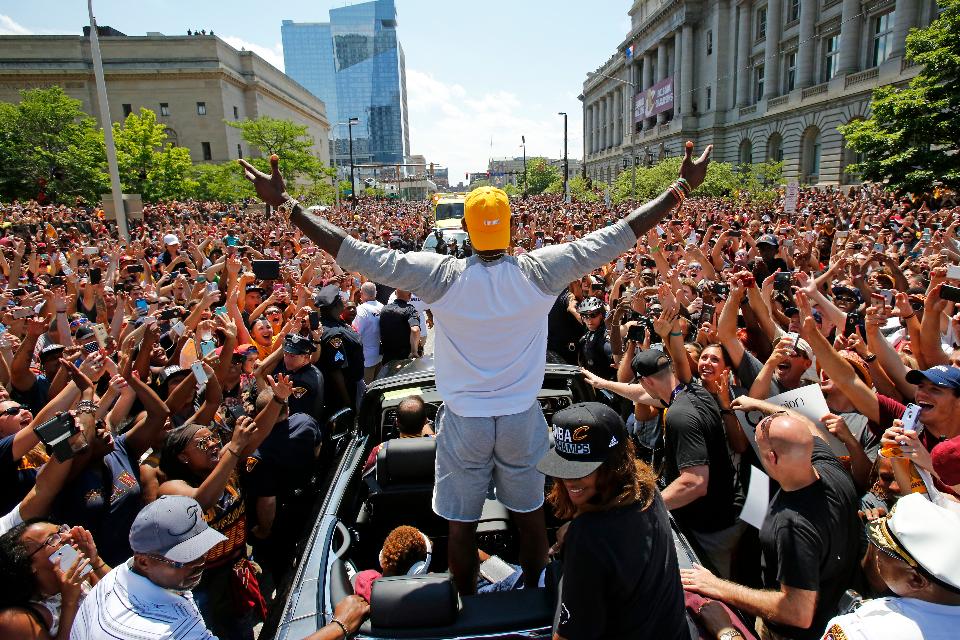 LeBron James famously declared after the Cleveland Cavaliers won their first NBA title this past June that “It’s Cleveland Against The World”. If you haven’t been paying attention since then, Cleveland is still on a winning roll. And I’m not just talking about the Cavs or the Indians, who are playing the Chicago Cubs in the World Series this week vying to win their first baseball championship in 68 years. This past July, every hotel room downtown was sold out for the week when the Republican National Convention came to town.
LeBron James famously declared after the Cleveland Cavaliers won their first NBA title this past June that “It’s Cleveland Against The World”. If you haven’t been paying attention since then, Cleveland is still on a winning roll. And I’m not just talking about the Cavs or the Indians, who are playing the Chicago Cubs in the World Series this week vying to win their first baseball championship in 68 years. This past July, every hotel room downtown was sold out for the week when the Republican National Convention came to town.
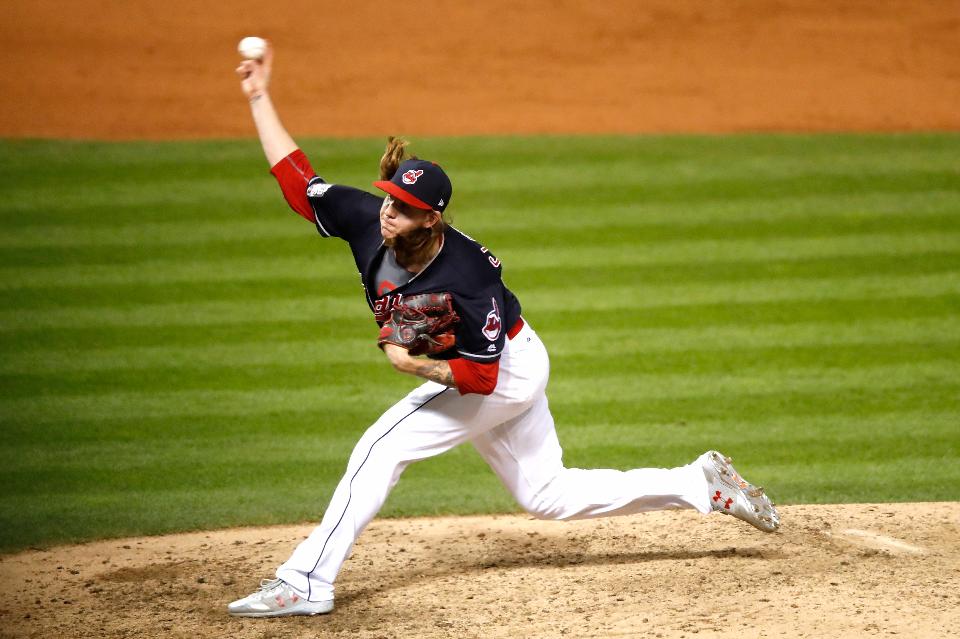
Photo by Gregory Shamus
Unbeknownst to most outsiders, Cleveland’s rebirth has been happening at street level for years. This gritty, “underdog” city is now home to six James Beard award-winning chef-inspired restaurants, a thriving bar, arts, and music scene, and biomedical and “smart” manufacturing start-ups that are quickly luring America’s youngest and brightest away from Boston, Austin, and Silicon Valley. All of which makes every Saturday night along East Fourth Street just north of Quicken Loans arena look more like SoHo or South Beach than the “Rust Belt” strip one might conjure up in their mind when someone says “Cleveland”. So just who sprinkled the fairy dust on Cleveland this year?
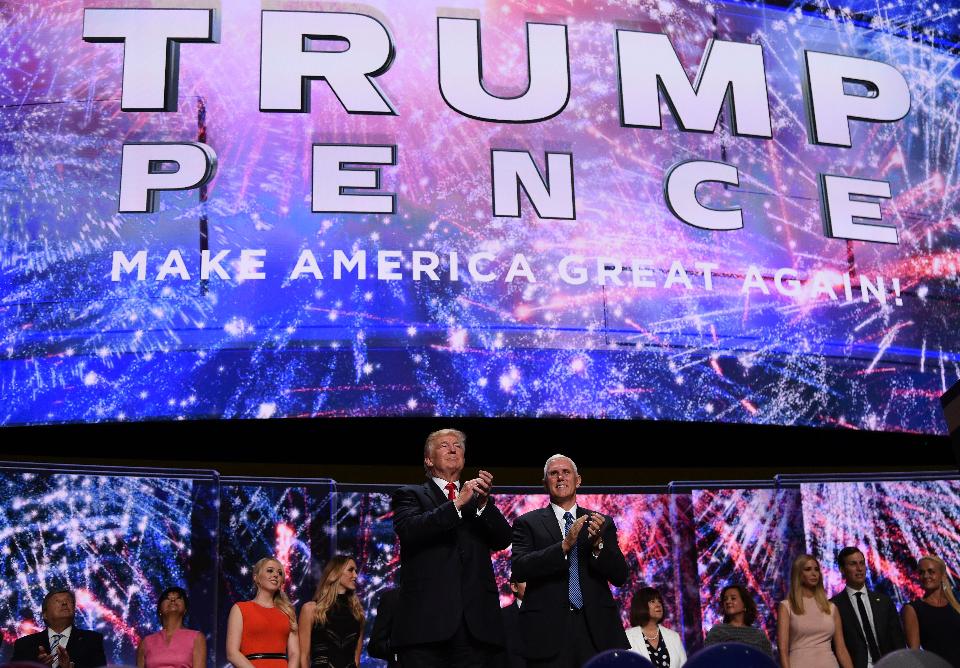
Photo by Timothy A. Clary
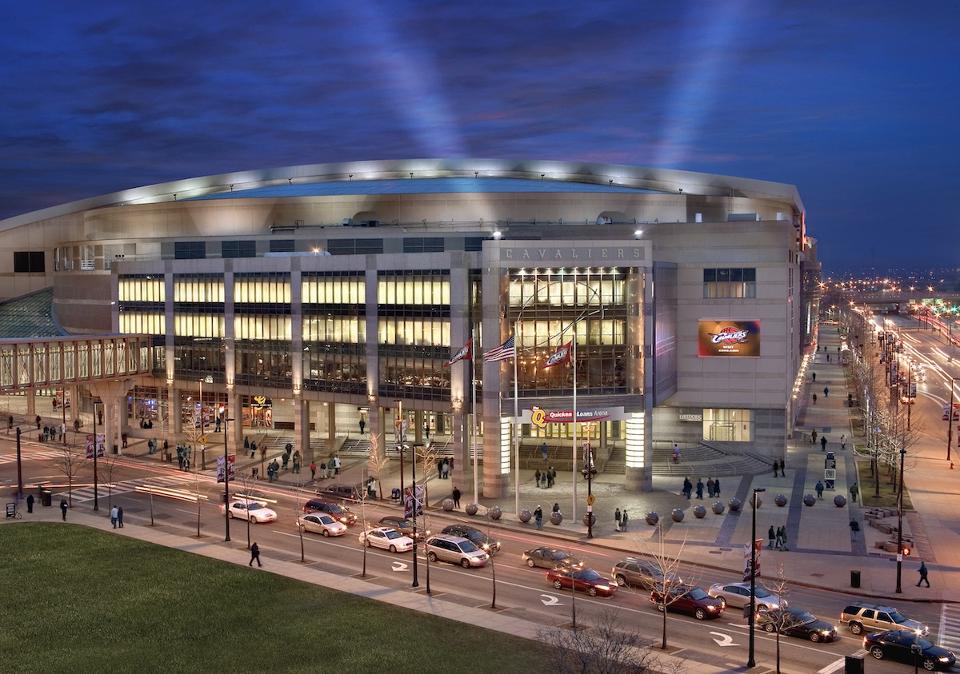
Quicken Loans Arena. Courtesy of Destination Cleveland
There’s no simple answer to this question of course. Engineering urban resurrection has been attempted for decades with mixed results. Many mid-sized, Midwest cities have long gambled on professional sports to revitalize their historic cores and reinvigorate local pride. If you just also happen to be lucky enough to land a superstar like LeBron James and become a title contender, the logic goes, the downtown crowds and dollars will inevitably follow. This was precisely the bet that Quicken Loans founder Dan Gilbert made on Cleveland and LeBron James over a decade ago.
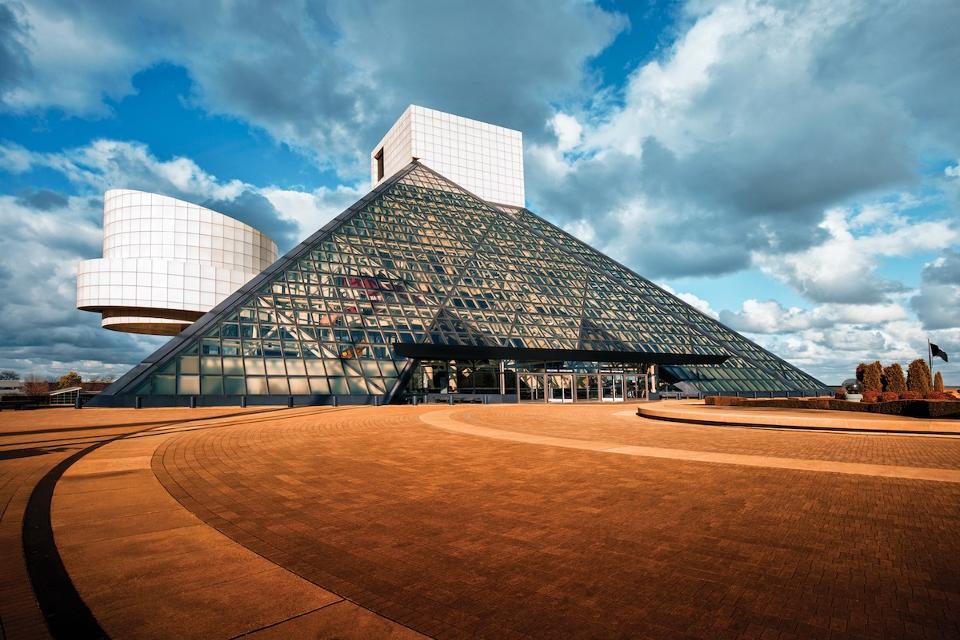
Rock N’ Roll Hall Of Fame. Courtesy of Destination Cleveland
Notwithstanding the possibility of the second largest city in Ohio winning two of America’s four major professional sports titles in less than five months, Cleveland’s recent rebirth is far less linear and simplistic than the sports-only logic would suggest. It’s the result of years of forward-thinking investments in community revitalization, tourism infrastructure, and creating an identity that’s distinctly “Cleveland,” explains David Gilbert, Director of Destination Clevelandand the Greater Cleveland Sports Commission.
“2016 has been a fairy dust year for Cleveland,” says Gilbert. “The trifecta between winning the NBA Championship this spring, hosting the Republican National Convention in July, and having the World Series in town now has put the national spotlight on us all year long. But we were ready. The timing wouldn’t have been right five years ago. When the microscope came on (this year) Cleveland was ready for prime time.”
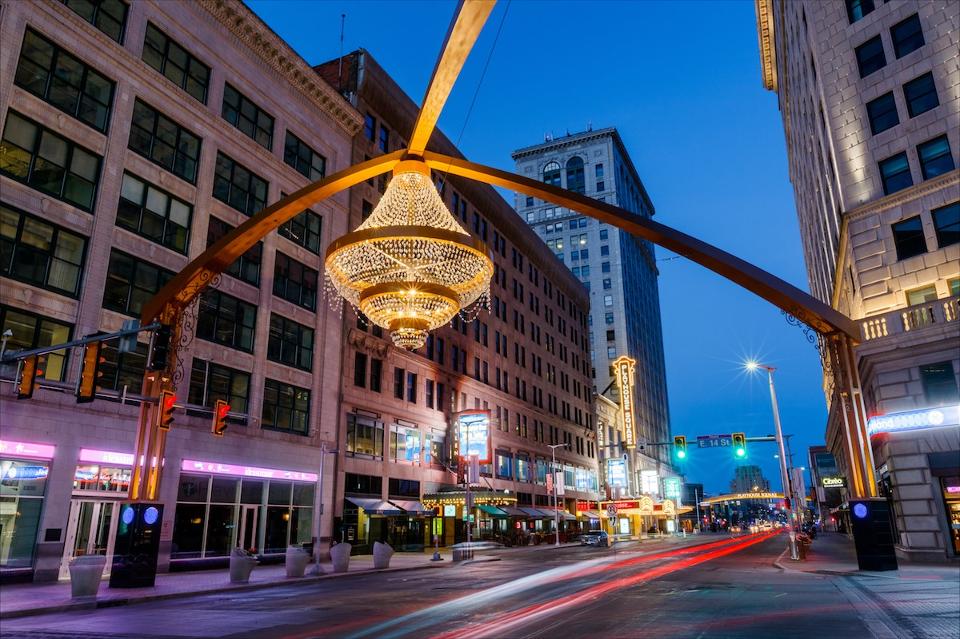
Playhouse Square. Courtesy of Destination Cleveland
Cleveland’s steady-as-she-goes revitalization should be instructive to every other city that’s struggling to reinvent itself. Sports dynasties and the superstars that fuel them are no different than manufacturing companies a century ago. Their dominance is fleeting. So every city, says Gilbert, should be careful who, and what, they bet on to sustain long-term urban revitalization.
“What sports’ titles and championship runs are for a city is a great front porch,” Gilbert explains. “The Cavs winning the championship this year meant more to any city than any other championship ever. And can you imagine what it will do to this city on the national stage if the Indians win the World Series in the same year? But the reality is that Cleveland’s been at a tipping point for years in terms of changing the narrative about who we are in the eyes of America, and this year we’ve been given a once-in-a-lifetime opportunity to re-define ourselves.”
Presciently what Gilbert and many of Cleveland’s business and political leaders realized on the run up to 2016 was that Cleveland didn’t have a product problem. It had a perception problem. Read More